Ever caught yourself hesitating before adding a splash of olive oil to your salad or second-guessing that avocado toast? The relationship between healthy fats and weight management has been tangled in misconceptions for years. But what if I told you that these fats might be the unsung heroes of your wellness journey?
I get it. With so much conflicting information out there, it’s hard to know what to believe. But here’s the thing: it’s not your fault. We’ve been bombarded with myths and misconceptions about fats for years. Stick with me till the end of this article, and I promise you’ll see fats in a whole new, positive light. So, let’s take a moment, breathe, and dive deep into the world of healthy fats together.
Hi, I’m Voula: Your Trusted Ally in the World of Healthy Fats

But beyond my professional credentials, I’m also a mother of two, an avid Celtics fan, and someone who genuinely believes in the joy of food. My approach to nutrition isn’t about restrictions or following the latest fads. It’s about mindful eating. It’s about understanding the relationship we have with food and ourselves. It’s about celebrating the flavors, textures, and nourishing qualities of every bite, and yes, that includes healthy fats!
So, whether you’re here out of curiosity, seeking guidance, or just looking for some delicious and nutritious insights, know that you’re in the right place. Together, we’ll cut through the noise and marketing gimmicks to uncover the genuine truth about healthy fats, revealing their pivotal role in our weight management and overall well-being.
Understanding Dietary Fat: Beyond the Myths
When we hear the word “fat,” our minds often jump to negative connotations. But did you know that dietary fats are essential for our bodies to function optimally?
What Exactly is Dietary Fat?
Dietary fat is one of the three main macronutrients, alongside carbohydrates and proteins. It’s a crucial energy source for our bodies, playing a vital role in supporting cell growth, protecting our organs, and aiding in the absorption of specific vitamins like A, D, E, and K. Without fats, our bodies wouldn’t be able to process certain nutrients or produce vital hormones.
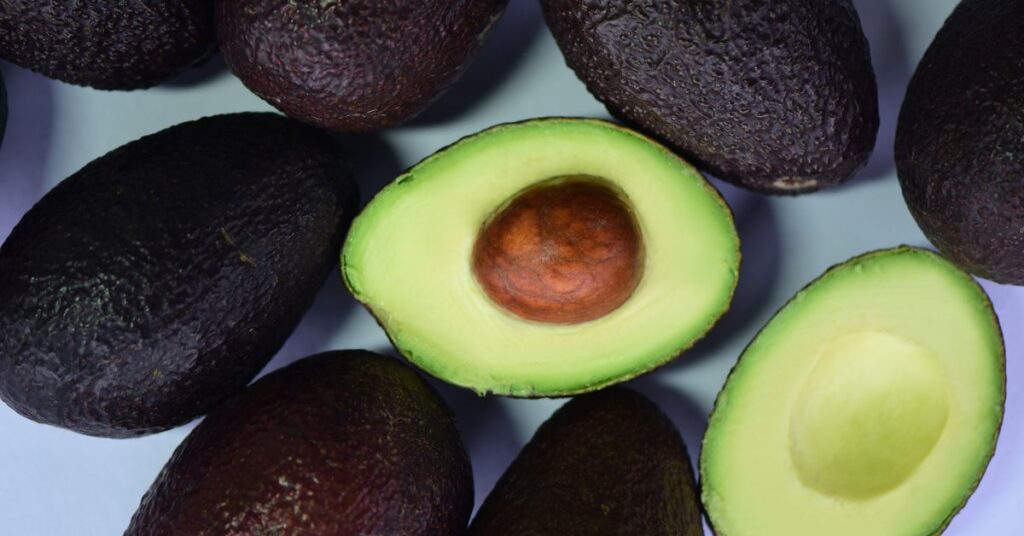
The Good, the Bad, and the Essential
Not all fats are created equal, and it’s essential to know the difference:
- Healthy Fats: These are the unsaturated fats, which can be further divided into monounsaturated and polyunsaturated fats. Think avocados, olive oil, nuts, and fatty fish like salmon. These fats can help reduce bad cholesterol levels, potentially lowering the risk of heart disease.
- Unhealthy Fats: These primarily refer to trans fats and saturated fats. Trans fats, often found in processed foods, can raise bad cholesterol levels and lower good cholesterol, increasing the risk of cardiovascular disease. While certain saturated fats, like those found in red meat, can raise bad cholesterol, newer research is showing that a small amount of saturated fat might not be as detrimental to your health. Although more research may be needed, including a limited amount of saturated fat in your diet like full-fat dairy or coconut oil might be more heart-healthy than eating refined carbohydrates to replace this fat.
In our journey towards a healthier relationship with food, understanding the role and types of fats is crucial. By making informed choices, we can enjoy the benefits of healthy fats while minimizing the potential risks of unhealthy ones.
The Role of Healthy Fats in Weight Management
It might sound counterintuitive at first: how can consuming fats help in managing weight? But when we delve deeper into the science and benefits of healthy fats, the picture becomes crystal clear.

Healthy Fats: A Surprising Ally in Weight Loss
When we consume healthy fats, they provide a sense of satiety, making us feel full and satisfied. This feeling of fullness can prevent overeating and unnecessary snacking, which can lead to unwanted weight gain. Moreover, healthy fats can stabilize blood sugar levels, reducing the risk of insulin spikes and crashes that can lead to hunger pangs and cravings.
Choosing healthy fats and being mindful of our overall intake can pave the way for effective long-term weight management and overall well-being.
From Understanding to Application: A Deep Dive into Fat Types
Now that we’ve touched upon the role of fats in weight management, let’s delve deeper into the specifics of each type of fat. Understanding these nuances will help you to make informed choices, ensuring you’re nourishing your body with the right kinds of fats.
Saturated Fats: The Double-Edged Sword
Saturated fats are primarily found in animal products like meat, butter, and dairy, as well as some plant oils like coconut oil. While they’re not inherently “bad,” it’s essential to consume them in moderation. Excessive intake of saturated fats can raise LDL (bad) cholesterol levels, increasing the risk of heart disease. However, when enjoyed as part of a balanced diet, they can be part of a healthy lifestyle.
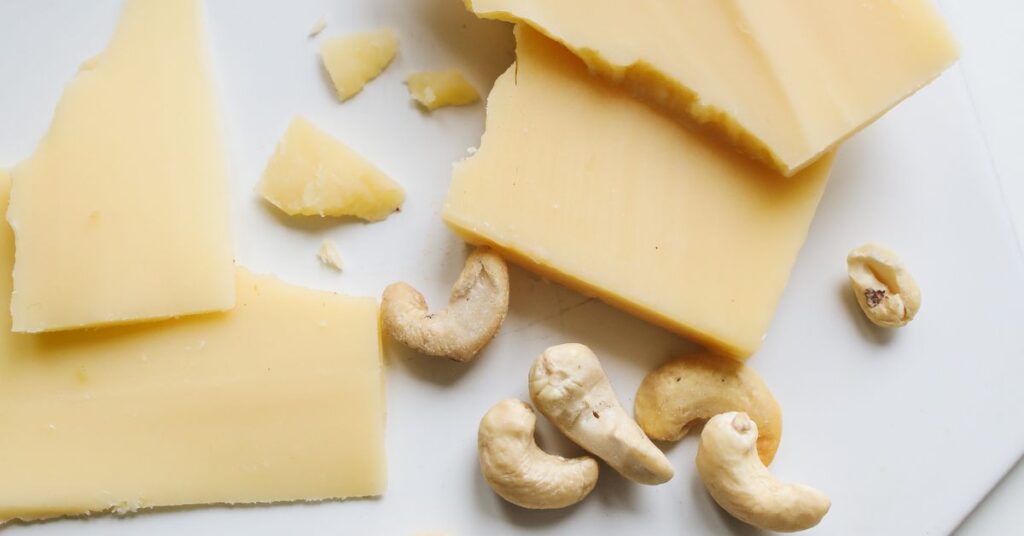
Benefits of Adding Small Amounts of Saturated Fat to Your Diet
For a long time, we’ve heard that eating too much saturated fat, like the kind in butter and bacon, might be bad for our hearts. But did you know that swapping out these fats for things like white bread, white rice, or sugary snacks might not be the best idea either? Some recent studies hint that this switch could even up our chances of heart troubles.
Here’s a fun twist: newer research suggests that a bit more saturated fat might boost our HDL, which is the “good” cholesterol. This could lead to a drop in our overall cholesterol levels. Cool, right?
Now, big health organizations currently advise us to get less than 10% of our daily energy from saturated fat. But some scientists are thinking we might need to revisit these guidelines. They’re concerned that if we ditch fats and fill up on processed carbs instead, it might not be the healthiest choice. In fact, eating a balanced amount of all fats, whether from an avocado or a slice of cheese, might even be linked to better health outcomes.
So, what’s the takeaway? While it’s not a green light to dive into a tub of butter, maybe you don’t need to feel guilty about that creamy latte or occasional buttered toast. It’s all about balance and making informed choices. And remember, while we’re learning more every day, it’s always a good idea to enjoy saturated fats in moderation and keep an eye on those refined carbs.
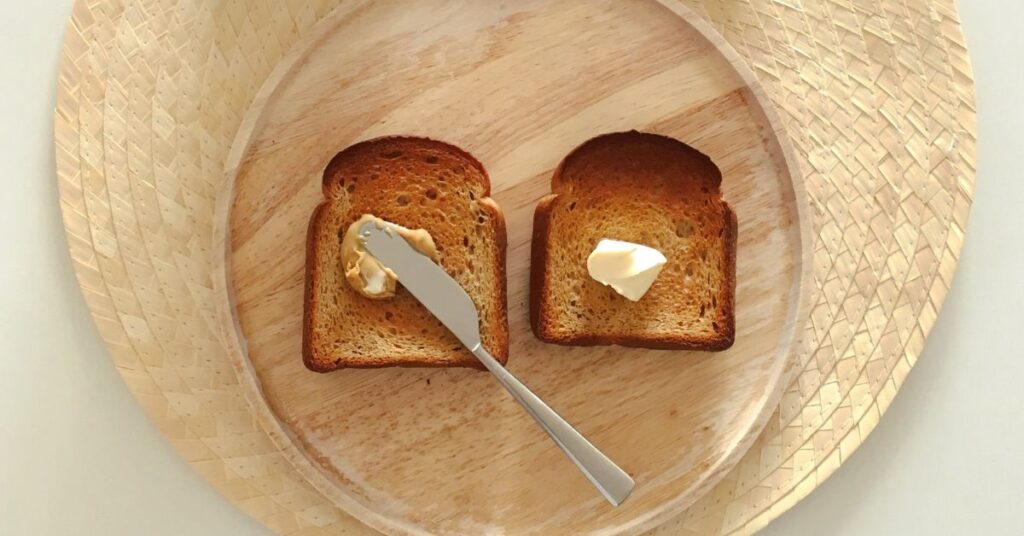
How Trans Fats Affect Heart Health and Weight Management
Trans fats, often lurking in our favorite snacks and fried foods, have been a topic of concern for many health enthusiasts. But why all the fuss?
What are Trans Fats?
Trans fats are a type of unsaturated fat that undergoes a process called hydrogenation, which makes them more solid. This process increases their shelf life, making them a popular choice for processed foods like cookies, pastries, and some margarines.
The Impact on Heart Health
Unlike our friendly unsaturated fats, trans fats don’t do our hearts any favors. They’re known to raise our bad (LDL) cholesterol while lowering the good (HDL) cholesterol. This double whammy can increase the risk of heart disease.
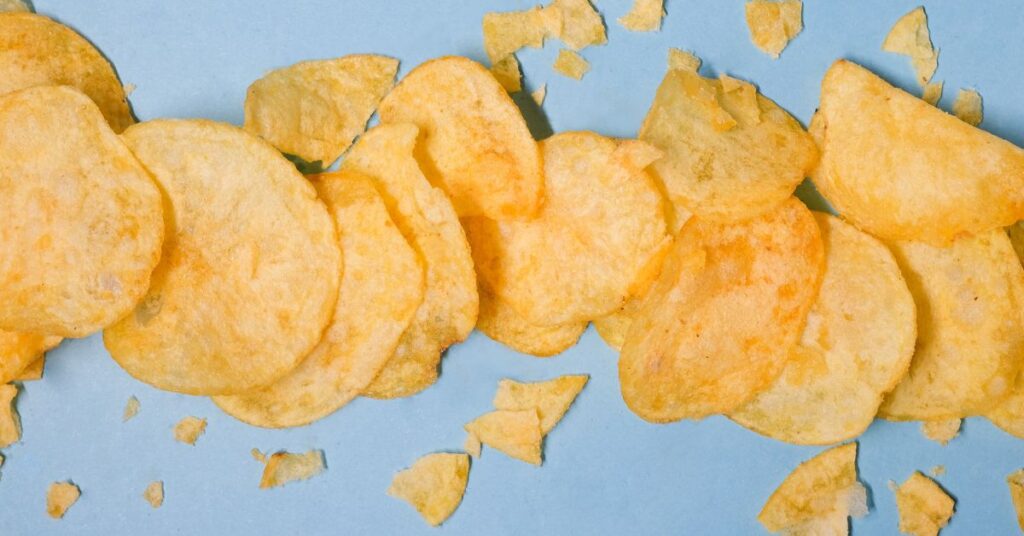
Weight Management and Trans Fats
Since trans fats are typically found in processed and shelf stable foods like candies, chips and snacks they not only put people at risk for heart disease, but they can also lead to unnecessary weight gain. Trans fats can lead to fat accumulation and can disrupt our metabolism, making weight management a challenge. Sticking to healthier fats also allows you to eat more whole foods (like olives, avocados, fish, seeds) that are inherently healthier for you.
Making Informed Choices
While it may be impossible to avoid trans fats entirely, being aware of them is half the battle. Check food labels for terms like “partially hydrogenated oils” – that’s code for trans fats or just the word “trans fats” on the label. You should shoot for zero trans fats on that label. Opting for fresh, whole foods and minimizing processed ones can significantly reduce your trans fat intake which is the most harmful of fats.
In the grand scheme of things, it’s all about balance. While an occasional treat with some trans fat won’t harm, it’s essential to be aware of our trans fat intake and make choices that support our heart health and weight management goals.
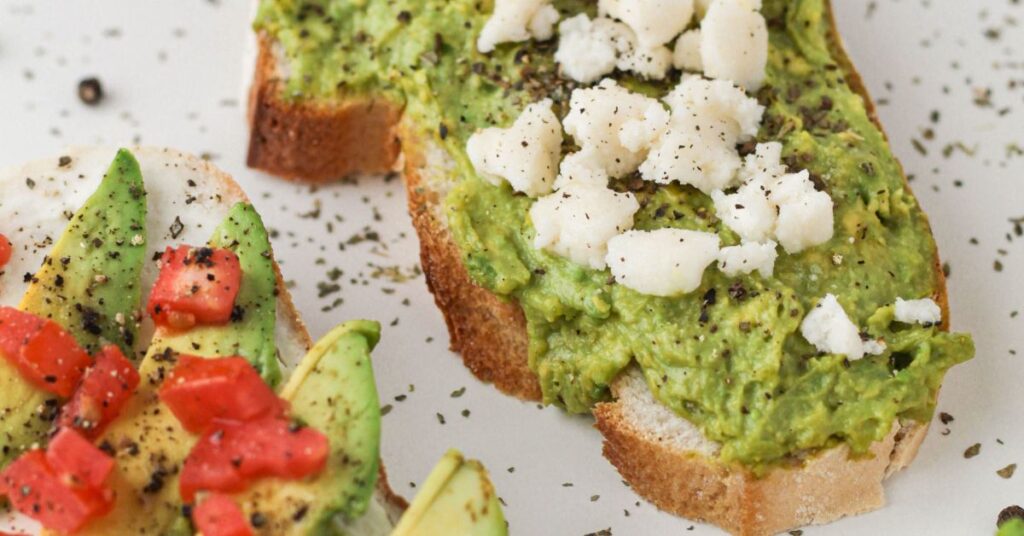
Unsaturated Fats (“Healthy Fats”): The Cornerstone of Well-being
When we talk about “healthy fats,” we’re often referring to both monounsaturated and polyunsaturated fats. These fats are essential for our body’s daily functions, from providing energy to supporting cell growth. They’re found in a variety of foods, including avocados, nuts, seeds, and certain oils. Beyond their physiological benefits, they also contribute to skin health, hormone production, and the absorption of certain vitamins. For this reason, it’s important to include more of these healthier fats in our diet.
In essence, understanding the nuances of these fats and incorporating them mindfully into our diets can lead to a balanced, nourishing, and fulfilling eating experience.
Polyunsaturated Fats
Polyunsaturated fats are essential fats, meaning our bodies can’t produce them, so we must get them from our diet. They play a crucial role in brain function and cell growth. Polyunsaturated fats are divided into two categories: omega-3 and omega-6 fatty acids. A balance of these two fats in our diet can help reduce bad cholesterol levels while increasing good cholesterol levels (HDL), potentially decreasing the risk of heart disease and stroke. Foods rich in polyunsaturated fats include fatty fish like salmon and trout, walnuts, flax seeds, and sunflower seeds.
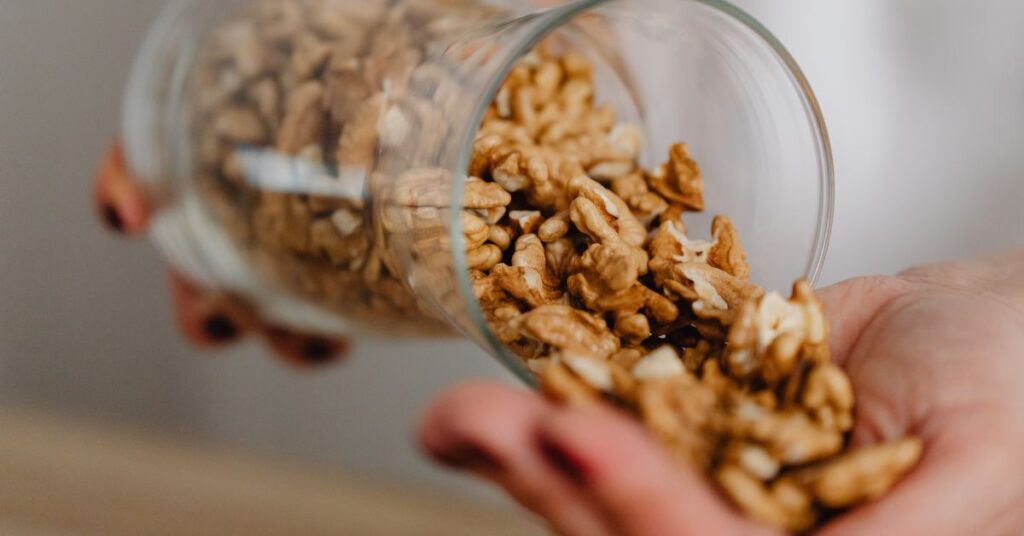
Monounsaturated Fats:
Monounsaturated fats, often referred to as MUFAs (Monounsaturated Fatty Acids), are a type of healthy fat that our bodies require for optimal function. Unlike polyunsaturated fats, our bodies can produce monounsaturated fats, but it’s still beneficial to obtain them from our diet. They play a pivotal role in heart health and weight management.
Consuming monounsaturated fats can help reduce bad cholesterol levels (LDL) in your blood, potentially decreasing the risk of heart disease and stroke. Additionally, these fats can aid in regulating appetite and help with weight management. Foods rich in monounsaturated fats include olive oil, avocados, almonds, cashews, and peanuts.
Healthy Fats, Weight Management, and Your Diet
We’ve explored the science, debunked the myths, and now it’s time to bring all that knowledge to our plates. Here are some practical and actionable tips to seamlessly weave healthy fats into your daily meals.
Voula’s Top Tips for Incorporating Healthy Fats:
- Start Your Day Right: Consider adding a slice of avocado to your morning toast or blending a tablespoon of chia seeds into your smoothie. These additions not only boost the flavor but also provide a dose of healthy fats to kickstart your day.
- Cook Smart: Swap out butter or margarine for olive oil or coconut oil when cooking. These oils not only enhance the taste of your dishes but also introduce beneficial fats into your meals.
- Snack Wisely: Instead of reaching for chips or sugary snacks, opt for a handful of nuts or seeds. They’re not only satisfying but also packed with essential fatty acids.
- Dress It Up: When making salads, use dressings made with olive oil, flaxseed oil, or avocado oil. They add a delightful flavor and are a simple way to incorporate more healthy fats.
- Fishy Business: Aim to include fatty fish like salmon, mackerel, or trout in your diet at least twice a week. They’re rich in omega-3 fatty acids, which are beneficial for heart health.
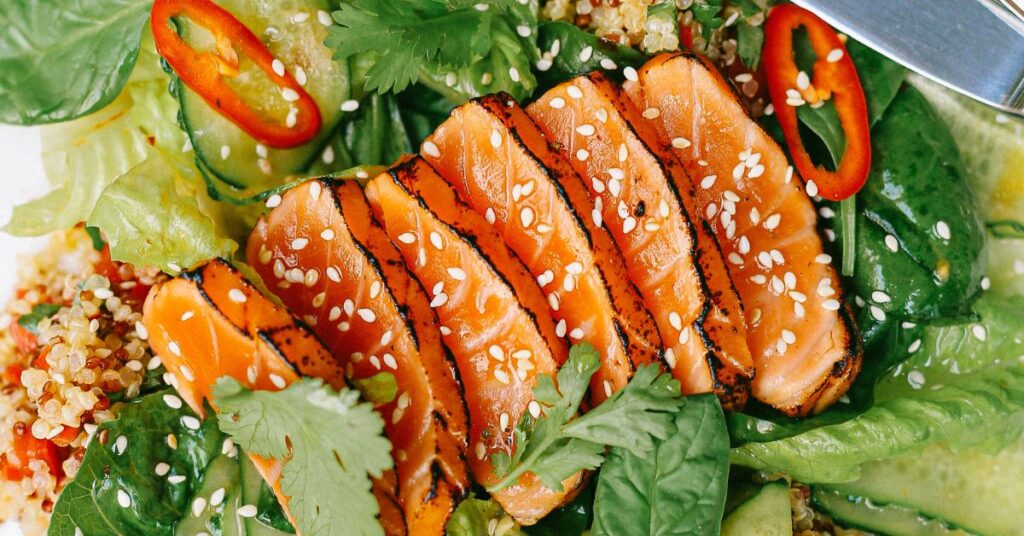
Mindful Eating: Listening to Your Body
Incorporating healthy fats is just one piece of the puzzle. It’s equally important to practice mindful eating. Pay attention to your body’s signals. Are you eating out of hunger, or is it just a habit? Take the time to savor each bite, appreciating the flavors and textures.
By being present during meals, you’ll be more in tune with your body’s needs, making it easier to recognize when you’re full and reducing the chances of overeating.
Remember, it’s not about perfection but progression. Every meal is an opportunity to nourish your body and make choices that align with your health goals.

Reflecting on Your Journey: A Moment of Mindfulness
When making any changes in our lives, it’s essential to pause and reflect on our personal experiences and choices. This introspection can be the catalyst for lasting change and a deeper understanding of our relationship with food.
Journaling Prompt: Take a few minutes to jot down your thoughts on the following questions. You can use a journal, a digital note, or even just ponder them in your mind.
- Your Food Memories: Think back to a time when you enjoyed a meal rich in healthy fats. How did it make you feel? Energized, content, or perhaps something else?
- Challenging the Myths: Were there moments in the past when you avoided fats due to diet fads or myths? How has your perspective changed after reading this article?
- Mindful Choices: The next time you’re about to choose a meal, pause and reflect. How can you incorporate healthy fats? What choices align with what you’ve learned today?
- Envisioning the Future: How do you see your relationship with healthy fats evolving? Are there new foods or recipes you’re excited to try?
By taking this moment to reflect, you’re not just passively consuming information; you’re actively integrating it into your life. It’s these small moments of mindfulness that can lead to lasting, positive changes in our eating habits and overall well-being.
Frequently Asked Questions
1. What are the healthy fats to maintain weight?
Healthy fats play a crucial role in weight maintenance. These include monounsaturated fats found in avocados, nuts, and olive oil, as well as polyunsaturated fats present in fatty fish, flaxseeds, and walnuts. It’s essential to be mindful of portion sizes and balance them within a healthy diet to ensure optimal weight maintenance.
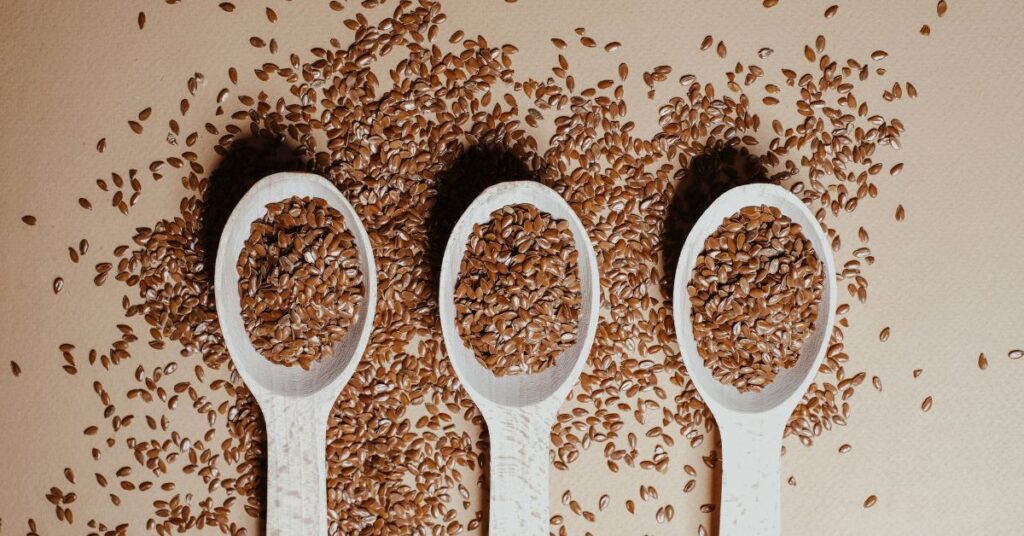
2. Are healthy fats “bad” for weight loss?
Contrary to popular belief, healthy fats are not the enemy of weight loss. In fact, they can be beneficial when incorporated into a balanced diet. While it’s essential to avoid trans fats and limit saturated fats, which can raise LDL cholesterol levels, healthy fats can provide satiety, stabilize blood sugar, and support overall well-being.
Remember, it’s not about following a low-fat diet, but rather focusing on the quality of fats you consume.
3. What are 3 ways to include healthy fats in a person’s diet?
- Cook with Olive Oil: Instead of butter or margarine, use olive oil for sautéing or as a base for dressings. It’s a great source of monounsaturated fats.
- Snack on Nuts and Seeds: Almonds, walnuts, chia seeds, and flaxseeds are not only delicious but also packed with beneficial fats.
- Incorporate Fatty Fish: Salmon, mackerel, and trout are rich in omega-3 fatty acids, which are a type of polyunsaturated fat beneficial for heart health.
4. What are my favorite healthy fats?
- Avocado
- Olive oil
- Almonds
- Walnuts
- Chia seeds
- Flaxseeds
- Salmon
- Sardines
- Sunflower seeds
Remember, while these sources are rich in healthy fats, it’s essential to consume them as part of a balanced diet and be mindful of portion sizes to ensure optimal health and LDL cholesterol management.
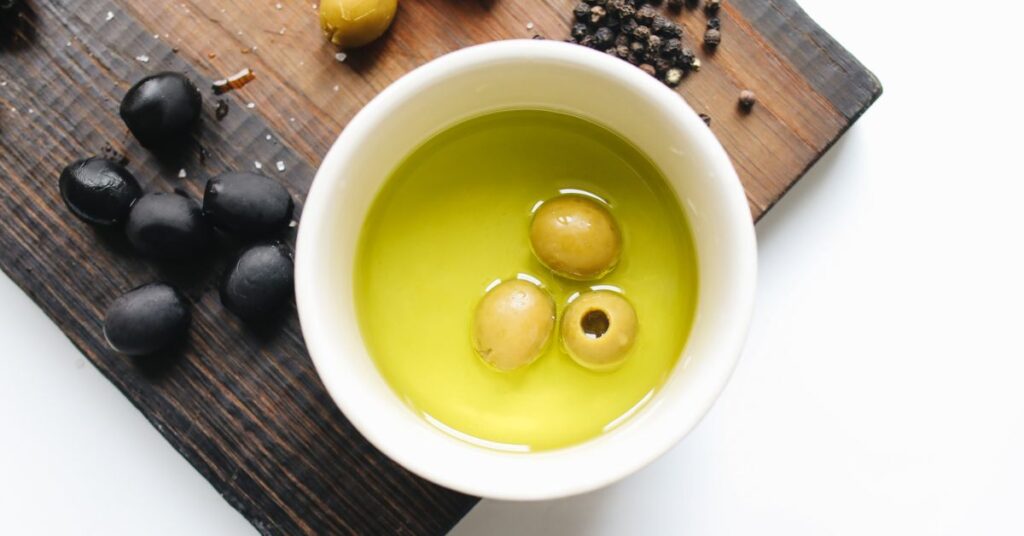
Empowerment Through Knowledge: Taking Charge of Your Health
As we wrap up our deep dive into the world of healthy fats, it’s essential to remember that knowledge truly is power. By understanding the intricacies of dietary fats and their role in our overall health, we’re taking a significant step towards a healthier, more informed lifestyle.
Every bite we take, every meal we prepare, is an opportunity to nourish our bodies and minds. And while the world of nutrition can sometimes feel overwhelming, remember that you’re not alone on this journey. By making informed choices and listening to our bodies, we can create a sustainable, balanced, and joyful relationship with food.
Ready to Take the Next Step?
If you’re feeling inspired and want to delve deeper into personalized nutrition guidance, I’d love to help. Book a call with me for a complimentary consultation, and let’s explore how we can work together to achieve your health and wellness goals.
For those of you eager to continue your learning journey, I’ve curated a collection of resources just for you. From delicious recipes to insightful articles, there’s something for everyone. Download your favorite resources here and empower yourself with the tools to thrive.
Remember, the path to wellness isn’t about perfection; it’s about progression, understanding, and taking charge of your health—one informed choice at a time.





